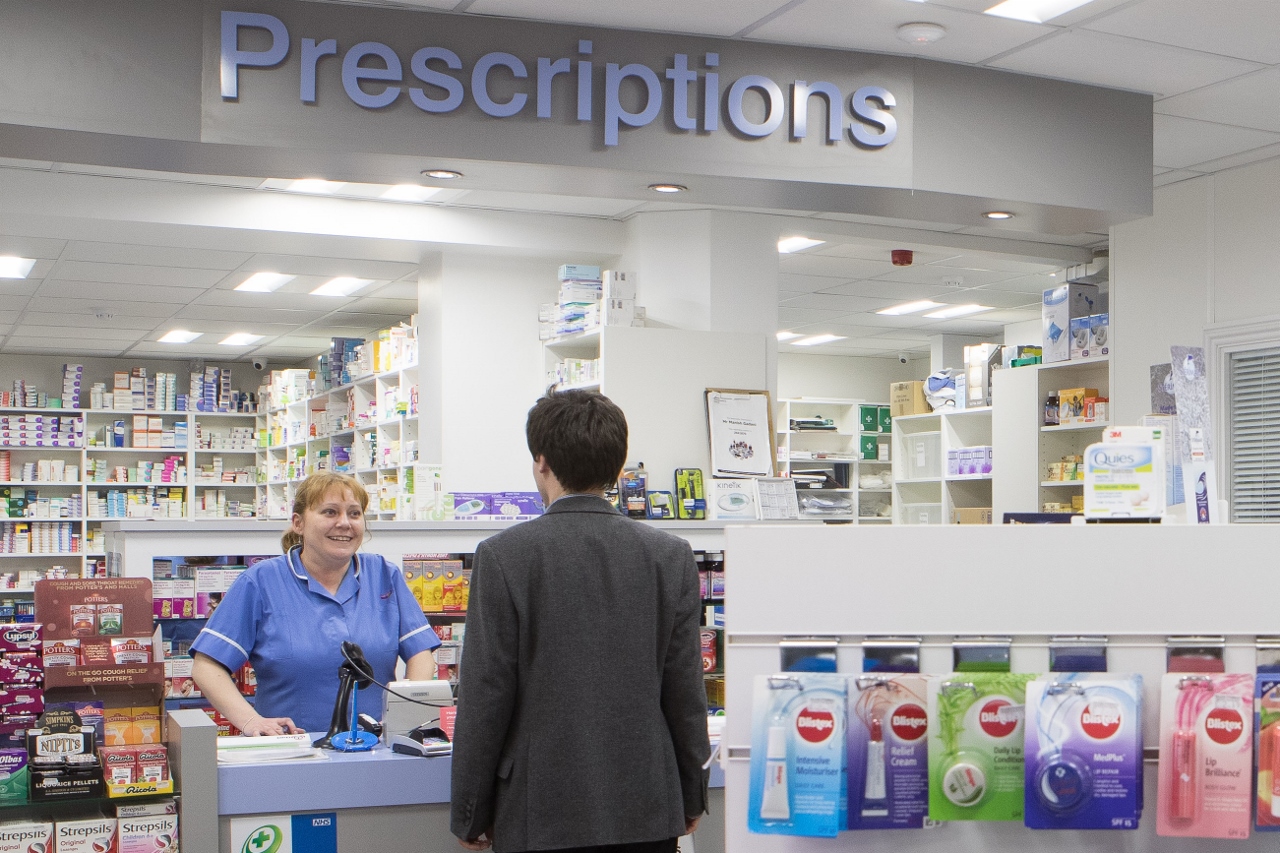In a report issued last September, the Royal College of Physicians (RCP) painted a very grim picture of the NHS as an organisation “struggling to cope under the increasing pressure of rising demand and inadequate funding, with resulting workforce pressures threatening patient safety’. Aside from training more doctors and setting more realistic targets for efficiency savings, the RCP highlighted better working relationships and shared responsibilities as crucial factors in reversing the fortunes of our health services. As discussed by PharmaTimes, an emphasis needs to be placed on ‘coordination between GPs, pharmacists and local care’ if service delivery is to be improved.
Relieving the pressure on GPs
Pharmacists are often underestimated but they provide much more in the way of patient services than merely dispensing medicines. The advice that they offer to patients ensures that pharmacists are invaluable in the community and many of the services provided can take pressure off general practitioners and emergency care doctors.
For example, by offering Medicine Use Reviews (MURs) and the New Medicine Service (NMS) pharmacists can assist patients with any specific concerns, side effects or issues they may have with their prescriptions. As a result, the pharmacist is not only encouraging patient engagement but is also helping to allay any concerns which may have otherwise resulted in a patient making an appointment to visit their GP or, as is very often the case, making an unnecessary visit to A&E. Pharmacies can also deliver other services that have traditionally viewed as being under a general practitioner’s remit. These can include: advice on weight management, smoking cessation, flu vaccination, a general NHS Health Check (blood pressure, cholesterol or glucose blood testing) and STD screening. As more pharmacies are modernising their interiors, many are also using the opportunity to add private consultation rooms, thus providing the perfect environment in which to discuss such sensitive issues.
Pharmacy First
Though the relationship between pharmacy and general practice has often been precarious, pharmacists can do a great deal to reduce the pressure for GPs and the NHS whilst retaining customers and boosting profits in their own outlets. Indeed, steps are already being taken across parts of the UK to create a closer working relationship between the sister industries. A great example of this is the ‘Pharmacy First Scheme’ that has been implemented throughout various counties. The service enables patients to receive advice and/or medicines for minor illnesses and ailments (e.g. earache, haemorrhoids) direct from a pharmacy, without having to make a doctors’ appointment. Using this flexibility as leverage reduces traffic to GPs and delivers fast, effective resolution for patients. Importantly, it helps to keep GP appointments free for people who have more serious conditions.






Leave A Comment